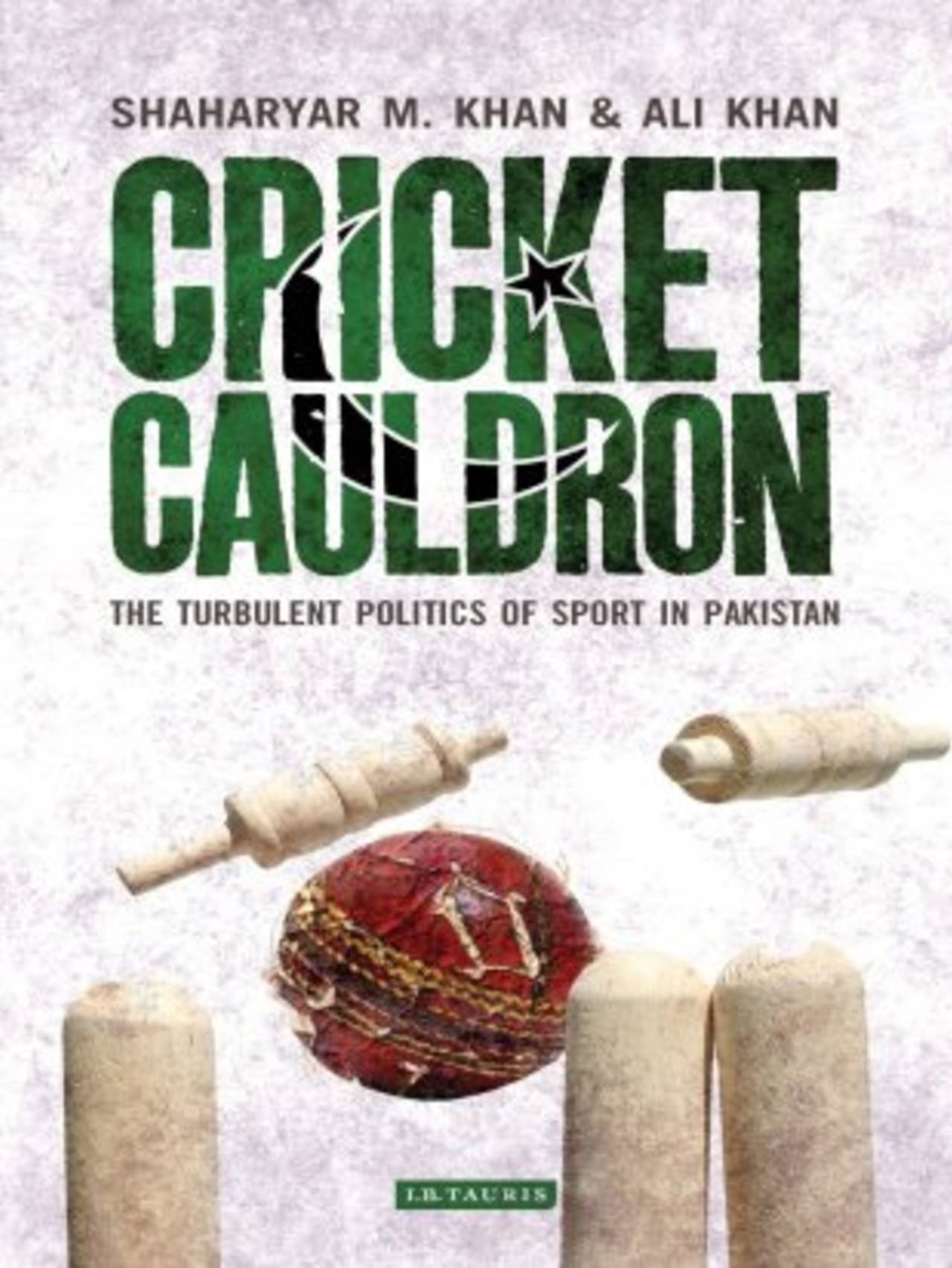There's no shortage of people who have analysed the problems of Pakistan's cricket from afar. Inevitably this lends itself to half-truths, stereotypes and generalisations. Aided by his three years as chairman of the Pakistan Cricket Board,
Shaharyar Khan avoids these traps.
As a former foreign secretary, Shaharyar was well placed to straddle the meshing of sport and politics that characterises cricket in Pakistan. Most of his three-year reign was successful: he restored cricketing ties with India and organised the Friendship Tour of 2004, recruited Bob Woolmer as coach, and presided over a stirring on-field rejuvenation. But Shaharyar's tenure was marred at the end by the debacle of the
Oval Test of 2006.
Shaharyar was desperate to avoid the forfeiture. Indeed, he was instrumental in convincing the Pakistan side to return to the field after tea, only for the umpires to leave the field just as the players were taking their first steps.
While the match referee, Mike Procter, is described as "passive and weak", the obstinate
Darrell Hair is Shaharyar's villain: given his history of altercations with Pakistan, he was a "time bomb". There is nothing surprising in that, although Shaharyar's criticism of the ICC is astute. Why was Hair given four Pakistan series in 18 months, when the ICC had taken a very different attitude in the wake of Sri Lanka's complaints about him, at one stage giving him no Sri Lankan series for eight years? And what of Steve Bucknor being removed by the ICC after wrongly giving Sachin Tendulkar out? Shaharyar's contention that some ICC members are more equal than others seems hard to dispute.
Inzamam-ul-Haq also comes under heavy scrutiny. His reluctance to play in the ODIs following the Oval Test is put down to "base instincts and crass stupidity". Inzamam's stubbornness amounted to "player power at its worst with a leader who seemed to be guided by a self-destructive urge", Shaharyar writes.
Inzamam is criticised for his "excessive religiosity" as captain. During his reign, no answer from a player would be complete without an "inshallah"; several players grew traditionally Islamic beards; and prayers seemed the main facet of team bonding. While Shaharyar concludes that the benefits to team unity outweighed the difficulties, we hear of Woolmer at one point complaining about "the constant and lengthy prayer sessions that the team held, which gave him no time to strategise or advise the players". And, as Shaharyar observes, there seemed a particularly noticeable increase in the religiosity of fringe players keen to win Inzamam's favour.
Since Inzamam's resignation, ostentatious religion has faded from view in the Pakistan side, returning to the "middle Pakistan" attitudes of before. This bears out Shaharyar's central thesis: that Pakistan's cricket team reflects its wider politics and society: "Its lack of accountability [is] evident, as are its insecurities and patronage structures." Perhaps nowhere does the point hold truer than in regard to corruption, with Shaharyar contending that a lack of strong role models in the side has allowed it to linger. Few, sadly, would dispute his view of the spot-fixing scandal of 2010 as being only the tip of the iceberg.
Unfortunately the book occasionally slips from insightful, providing largely redundant summaries of matches. "Sehwag, Laxman and Ganguly played steady knocks and Yuvraj seemed to take the game away from Pakistan with a quick-fire 78, leading to a respectable total of 292" is padding of the most banal sort. This is a book that would have benefited from sharper editing, as the factual inaccuracies highlight: Pakistan won the World Cup in 1992, not 1996, while the World Test Championship did not take place this year.
Shaharyar himself emerges as a sympathetic figure who is outward-looking and rides above the factionalism cricket boards are so prone to. If there is a hero of his book it is his friend Woolmer, who Shaharyar appointed to replace Javed Miandad, despite considerable opposition. He writes that Woolmer "proved that with a sensitive approach, a foreign coach could overcome the cultural and language gap".
Like Woolmer, Shaharyar has a grasp of the wider good cricket can do. He was instrumental in Mohammad Ali Jinnah's daughter returning to Pakistan for the first time since her father's death to watch the series against India in 2004, and writes of an "extremely warm and gracious" foreign leader netting with local schoolchildren - George W Bush.
Shaharyar also has interesting ideas for the future of cricket in Pakistan. His suggestion of building five-star hotels on Test grounds (so negating the need for daily travel to the stadiums) is relevant to the country's hopes of hosting internationals once more.
Seven years after Shaharyar's resignation, it remains unclear whether his aim - "to change the PCB from being a dictatorial one-man show to an institution with a corporate structure" - has been realised. But it was no coincidence that his reign coincided with perhaps the most successful period in Pakistan cricket since the days of Imran Khan.
The game needs more independent-minded cricket administrators capable of looking beyond the next pay cheque: a lesson that extends way beyond Pakistan cricket.
Cricket Cauldron: the turbulent politics of sport in Pakistan
by Shaharyar M Khan and Ali Khan
I.B. Tauris
320 pages, $26.96




